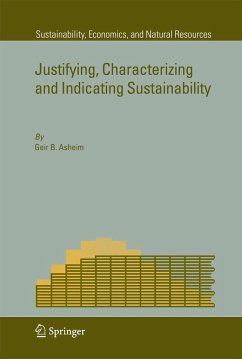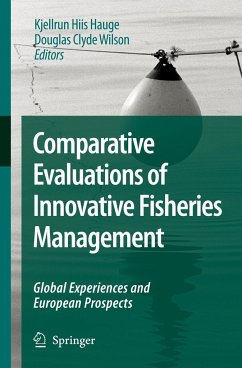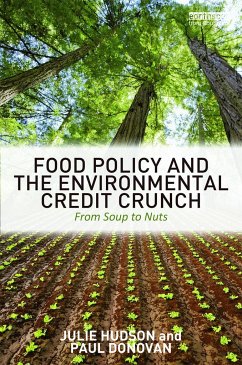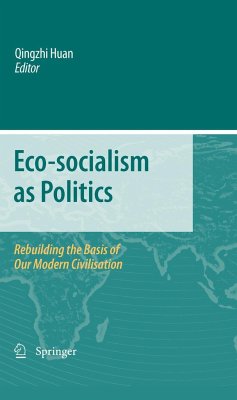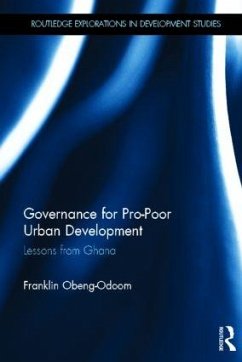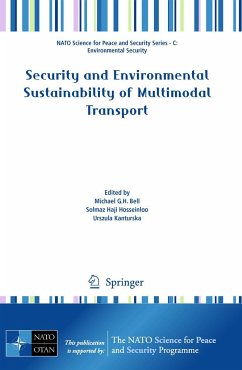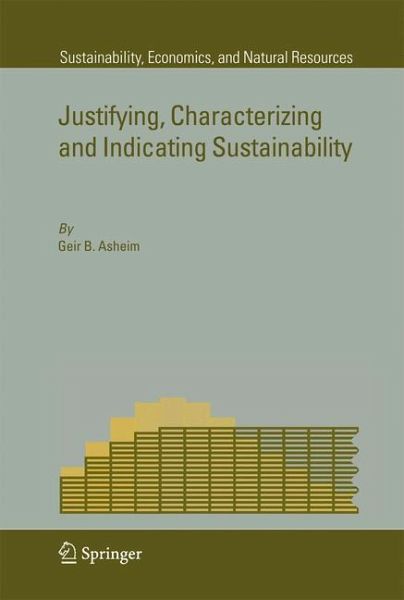
Justifying, Characterizing and Indicating Sustainability
Versandkostenfrei!
Versandfertig in 6-10 Tagen
151,99 €
inkl. MwSt.
Weitere Ausgaben:

PAYBACK Punkte
76 °P sammeln!
During the last two decades, I have subjected the concept of sustainable development to economic analysis. To a great extent this work has been done in co-operation with my co-authors Wolfgang Buchholz, Bertil Tungodden, Martin Weitzman and Cees Withagen, and it has lead to a series of journal articles. This book presents the results of this research program. The original articles are reproduced. However, I have updated information about references and corrected a few mistakes (mostly typographical). STRUCTURE OF THE BOOK This book consists of 19 chapters. Chapter 1 is new, written as a guide ...
During the last two decades, I have subjected the concept of sustainable development to economic analysis. To a great extent this work has been done in co-operation with my co-authors Wolfgang Buchholz, Bertil Tungodden, Martin Weitzman and Cees Withagen, and it has lead to a series of journal articles. This book presents the results of this research program. The original articles are reproduced. However, I have updated information about references and corrected a few mistakes (mostly typographical). STRUCTURE OF THE BOOK This book consists of 19 chapters. Chapter 1 is new, written as a guide to the book and its content. It also gives an up-to-date survey of relevant literature and its relation to the later chapters. Chapters 2-19 are reproductions of published articles. The articles are organized into three parts. Part I, which comprises Chaps.2-7, is concerned with the normative question of how to justify sustainability. Part II, consisting of Chaps.8-13, considers how sustainable development can be characterized. Finally, in Part III, Chaps.14-19 are devoted to the problem of indicating sustainability. Within each part, the initial chapter - i.e., Chap.2 for Part I, Chap.8 for Part II and Chap.14 for Part III - is an overview article that functions as a survey for the later chapters in the corresponding part.





